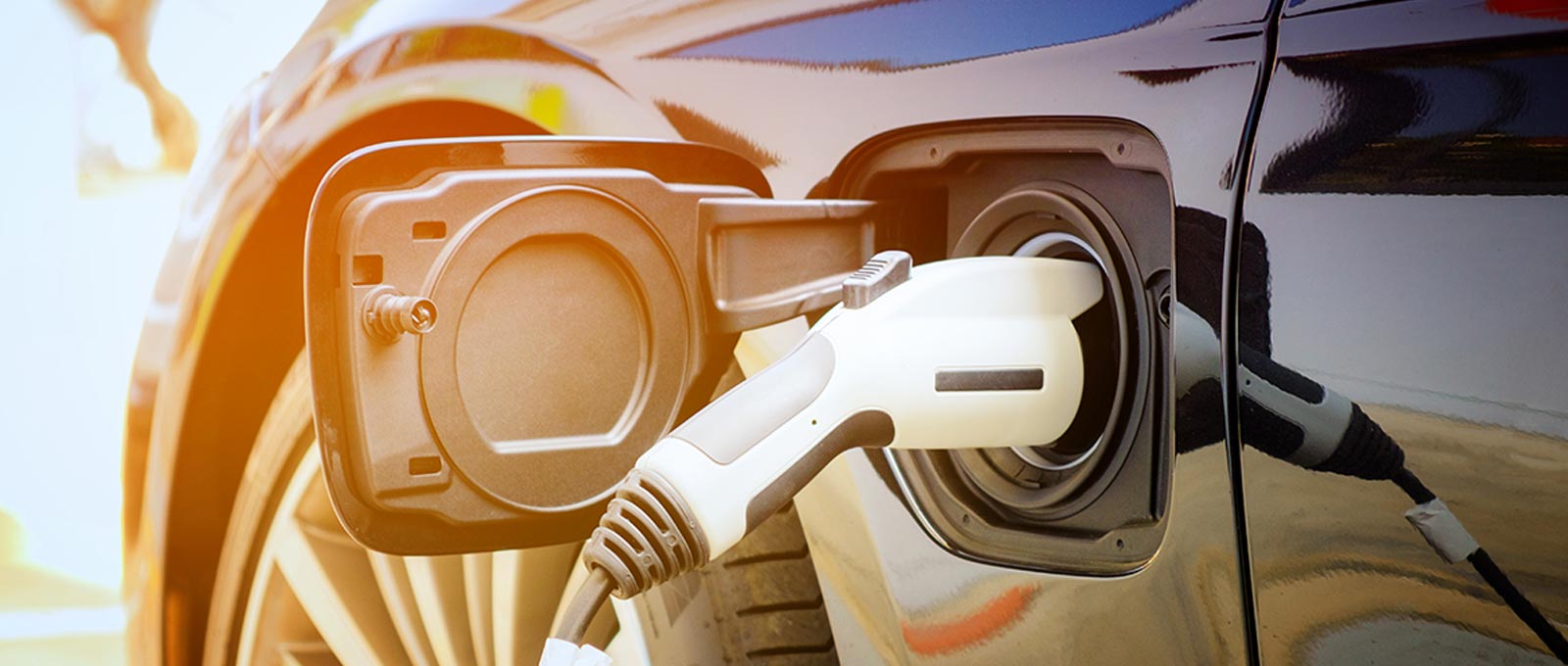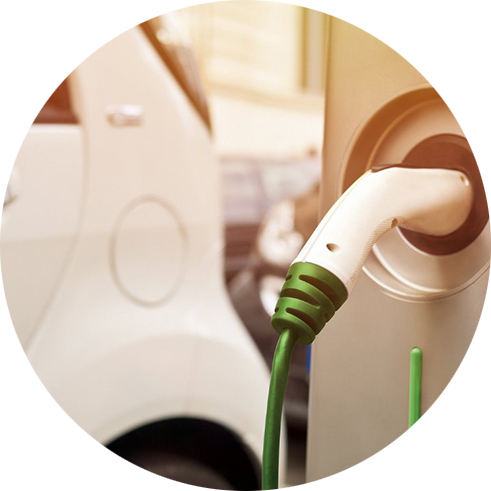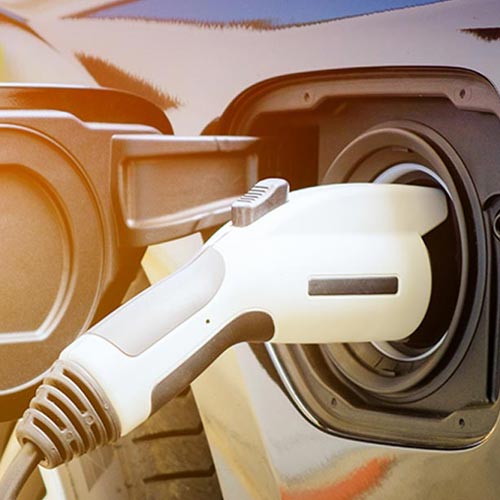Prysmian Group joins Charging Interface Initiative to promote the development of standardised EV charging infrastructures

Prysmian Group has joined the Charging Interface Initiative, or CharIn, the industry group supporting, through standardization, a super-fast charging infrastructure that allows electric vehicle (EV) drivers to easily and quickly recharge on the road during long-distance trips.
Consumers want to feel reassured that charging stations are as easy to find and use as gas pumps. The automotive industry and CharIn, therefore, have stepped up to back the European “Combined Charging System” (CCS) as the global standard for charging electric powered vehicles. Ultra-fast CCS-standard charging enables EVs to replenish for up to 400 km of range in only 15 minutes with powers ranging from 150 kW to 350 kW.
With CCS, drivers of any type of electric vehicle can choose between normal and fast charging as well as AC and DC. They only need a single system for all these options.
The CCS also has the advantage of being accepted and supported by a significant number of major companies from different industries: CharIn’s founding members include Audi, BMW, Volkswagen, Ford, General Motors, Daimler and Tesla, the leading seller of electric cars, as well as component makers like ABB, Bosch and Siemens.
As the world leader in the cable systems industry, Prysmian Group is constantly committed to improving business sustainability and actively working on solutions for future green energy consumption. By joining CharIn, Prysmian aims to contribute to the further development of the EV and EVSE industry.
EV sales are growing, and companies are scrambling to add more models to their lineup. Electric car sales in Europe reached a new high of nearly 60,000 vehicles in March 2019, led by Tesla, up 38% from the year before and with a 3.5% market share, according to Inside EVs website. During the first quarter of 2019, demand for alternatively powered cars in Europe rose 25.9%, said the European Automobile Manufacturers’ Association, or ACEA.

Sales are expected to increase sharply to represent 5-7% of new cars by 2021 in response to car CO2 emissions regulations, according to figures cited in a 2018 report from environmental group Transport & Environment, and by 2020 Europe’s highways are expected to have a network of charging stations sufficient to support EVs, the report said.
The investment required to supply Europe’s roads and cities with a public vehicle charging infrastructure might hover around €9 billion to 2030, said a Cambridge Econometrics report published in February 2018.

Europe leads the way on tough environmental standards for cars that along with growing consumer demand is driving the industry’s shift away from internal combustion engines towards sustainable mobility. Prysmian Group’s membership in CharIn is another example of how important sustainability is to its business.
Prysmian has already reached or exceeded some of its own 2020 sustainability goals. For example, it improved its percentage of waste recycled and reuse of cable drums.
It also improved its performance in terms of product families covered by the calculation of CO2 emissions and increased the percentage of recyclable products purchased annually to support the circular economy.











